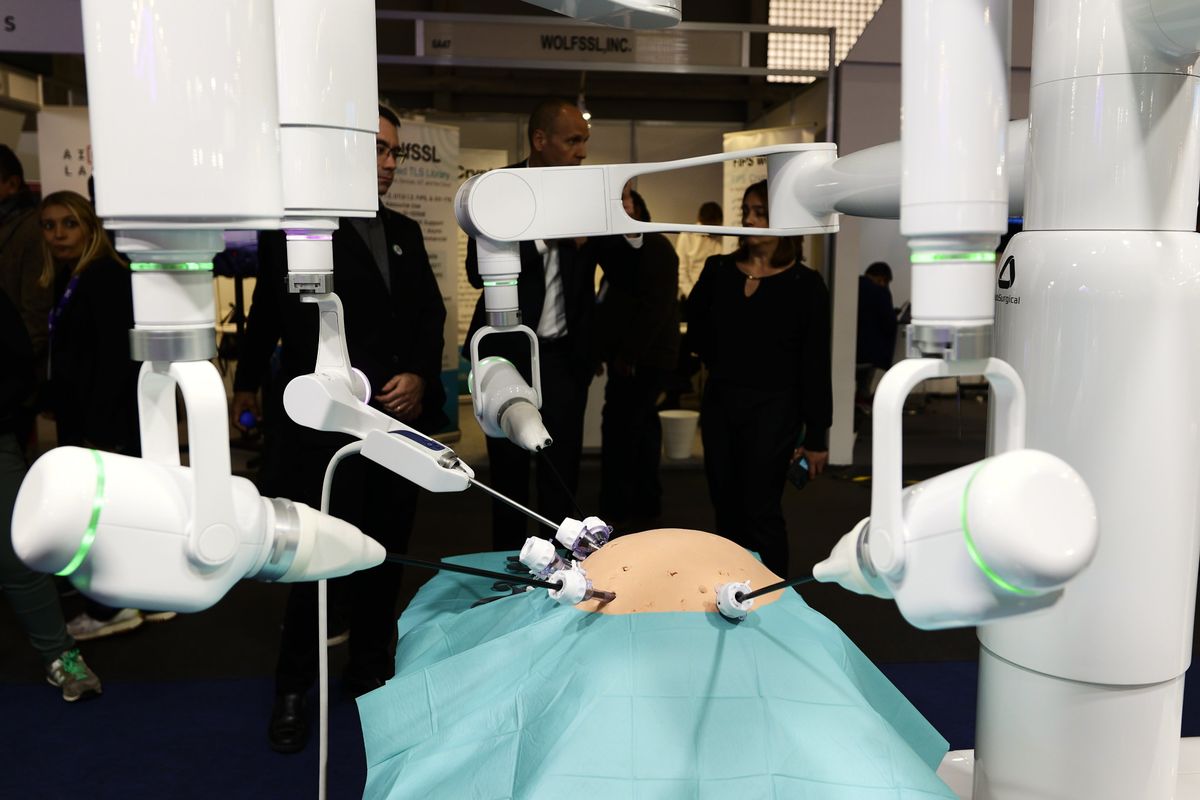Trending Now
We have updated our Privacy Policy and Terms of Use for Eurasia Group and its affiliates, including GZERO Media, to clarify the types of data we collect, how we collect it, how we use data and with whom we share data. By using our website you consent to our Terms and Conditions and Privacy Policy, including the transfer of your personal data to the United States from your country of residence, and our use of cookies described in our Cookie Policy.

In years to come, experts tell us that artificial intelligence will alter societies and change individual lives on a scale greater than changes brought about by the creation of the World Wide Web. In the process, AI will create challenges and risks that deserve careful consideration. But headlines that warn of catastrophe are hiding the revolutionary advances and opportunities that will benefit billions of people.
By sifting quickly and efficiently through oceans of data, AI will help scientists and researchers develop new treatments, and even cures, for diseases, including cancer, that will no longer kill large numbers of people. It will help educators individualize the instruction of vast numbers of children, lifting young people everywhere much closer to their natural potential. By inventing new ways of working, AI will sharply increase economic productivity, an essential step in raising living standards.
Even as people around the world are made healthier, better educated, and more prosperous by these advances, no one should underestimate the upheaval created as human beings adapt to them, and there is ample reason to fear that benefits won’t be evenly shared – within countries or across borders.